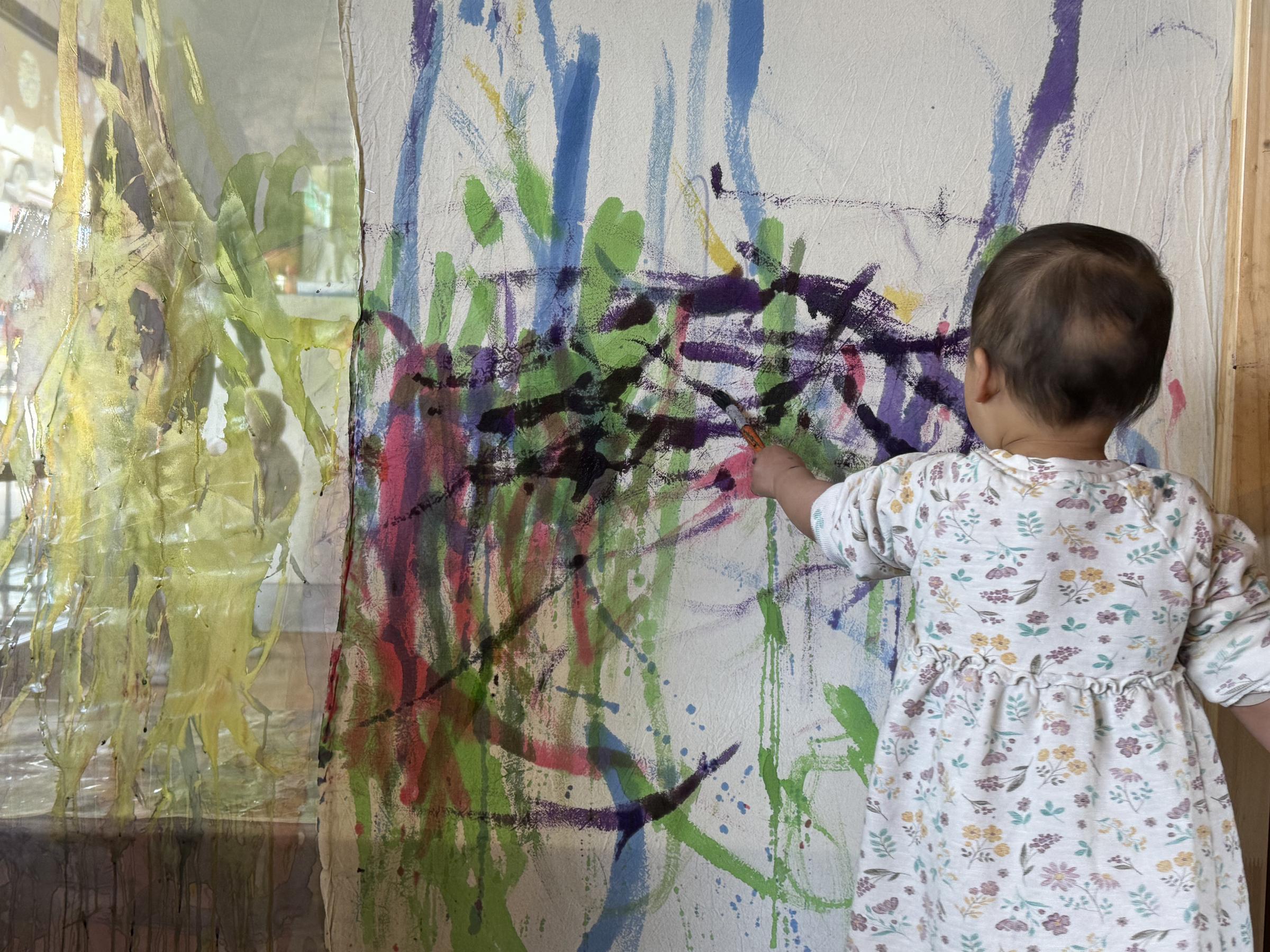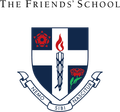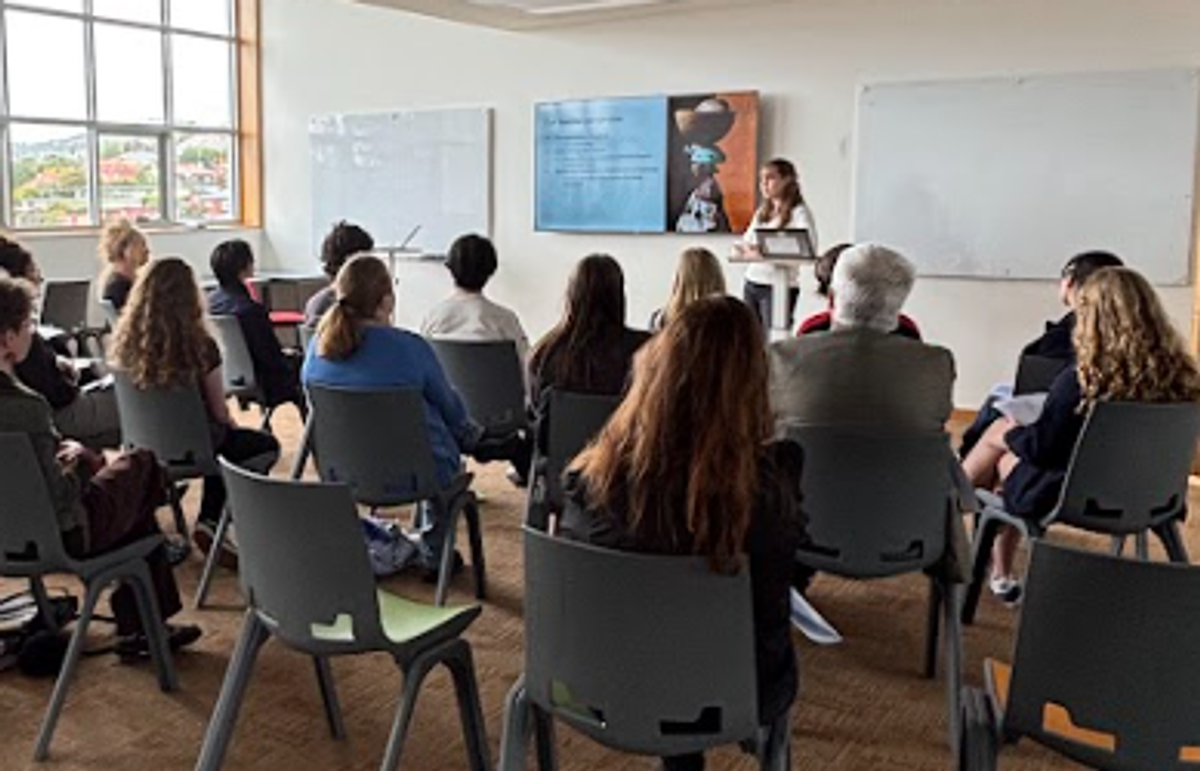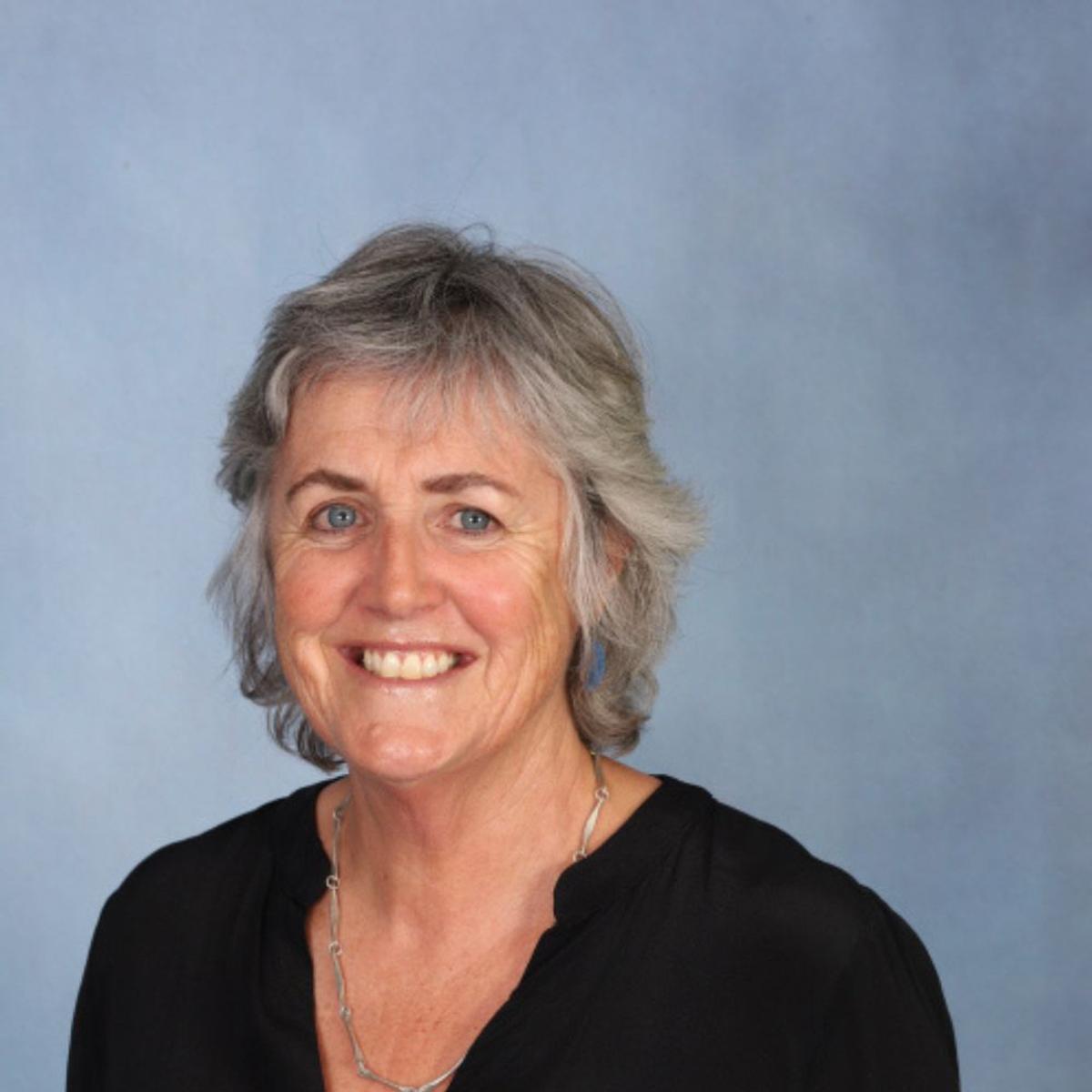Our Teaching & Learning

2024 has seen considerable change at The Friends’ School, particularly in Years 7-12, however we remind ourselves that with any change, it is undertaken putting student learning and wellbeing at the centre of every decision we make. Similarly, we continue to draw guidance from the Purpose and Concerns as we prepare young people for the world beyond Year 12. It is reassuring to know that some things will never change.
This year we have increased our focus on the need to adapt to shifts in the current social and work landscape due to, in part, artificial intelligence, globalisation and enhanced technology. The Australian government (Commonwealth of Australia, 2023) has reported that jobs requiring repetitive or routine tasks are being replaced, thus the current workforce needs to engage in reskilling and upskilling in order to avoid a level of structural unemployment and for the wellbeing of people. Our students will need to be able to engage in a continuous process of learning. Given this, it is important that we promote the capacity of students to self-regulate their own learning processes - an important skill for now and the future.
Barr (2024) defines self-regulated learning as “the capability to understand one’s thinking, motivations, emotions, behaviours in the context of learning, and to monitor and to change these in response to a problem or toward a desired goal”. Our aim is to promote a set of skills that facilitate the student’s involvement in their own learning. It does not mean that when a student faces difficulties they have to do it alone. It may be the realisation that they should seek assistance or to try a different approach to study.
Across the School there is evidence of the promotion of self-regulated learning, whether it be in Friends’ Early Learning where children engage with the magic of inquiry through play, relationships and symbolic expression or the Senior School where our older students are encouraged to consider carefully how they learn and how to improve in skills of self-management and organisation. The Primary Years Programme aims to ‘develop caring and culturally aware children, aged 3 - 12, to become active participants in their own learning’ (ibo.org). In Middle School, it is a time to foster motivation, build resilience and support the transition into a more independent experience in both Senior School and beyond.
In Years 11 and 12, students studying the TCE partake in flex learning. For each course they study, they will have the equivalent of one hour’s learning per week outside of class, in addition to four hours timetabled, face-to-face classes for those courses. Students are then supported with a Study Skills program that allows the further development of self-regulated learning skills and time to do some of that work. Although challenging, it does promote students setting their learning goals, allocating time resources effectively and managing both online and offline in an effective manner. The IB programme offers similar challenges, with every student completing an Extended Essay. Whilst students are assigned a supervisor, it is very much up to the student to direct the inquiry and process. The IB learners are encouraged, amongst other attributes, to ‘drive their own learning’.
We are very conscious that much post-school learning is now carried out online and feedback from past students feel they have not been prepared for this. We hope our focus on these skills will better prepare our students for the changing tertiary, social and work landscape and enable them to increasingly make a difference in a rapidly changing world.
Barr, S (2024). Educate to self-regulate: Empowering learners for lifelong success.
Commonwealth of Australia (Sept, 2023). Working future: The Australian Government’s white paper on jobs and opportunities.
Lyn Tunbridge - Director of Teaching and Learning (K to 12)


